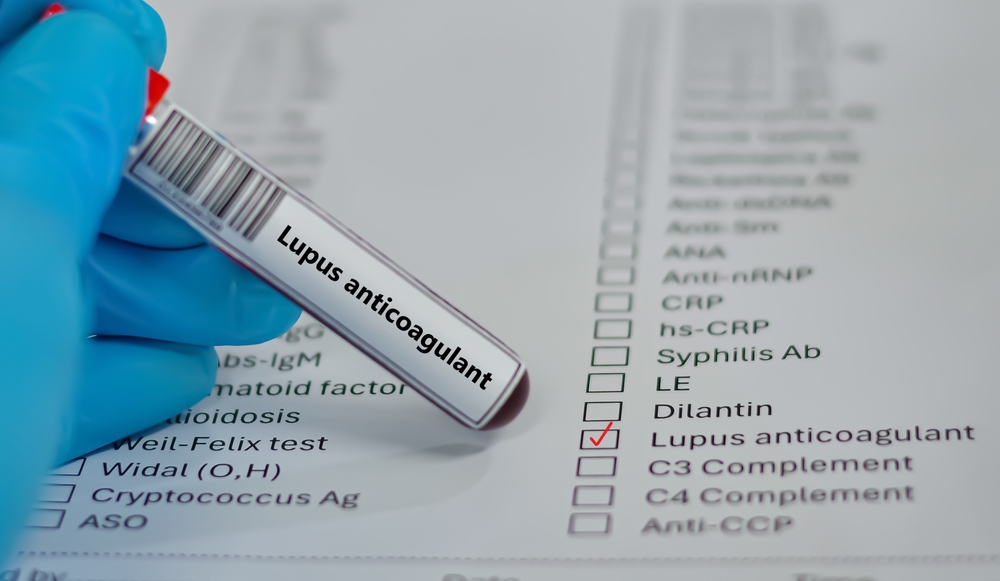Allergies affect millions globally and can range from mild discomforts to severe life-threatening reactions. Whether you’re dealing with constant nasal congestion, mysterious hives, or chronic food-related symptoms, understanding your IgE blood test results might hold the key to resolving these issues. This test is performed using a blood sample to measure your immune system’s response.
Through this guide, I’ll walk you through what an IgE test is, why it’s essential in allergy and clinical immunology, how to interpret your results, and the steps you can take to manage your allergies effectively.
What Is an IgE Allergy Blood Test?
A specific IgE allergy blood test measures the level of immunoglobulin E (IgE) antibodies in your blood.

These antibodies are produced by your immune system as a response to allergens (such as pollen, dust, or certain foods).
Elevated levels of IgE may indicate that your body is reacting to one or more allergens, including respiratory allergies.
How Does It Differ From Other Allergy Tests?
Unlike the skin-prick test, which evaluates your skin’s immediate response to allergens, the IgE blood test is less invasive and doesn’t expose you to allergen substances directly.
It’s particularly recommended for those unable to undergo skin tests due to a pre-existing skin condition or medication interactions.
From respiratory issues like asthma to skin conditions like eczema, allergies can significantly lower one’s quality of life. Addressing these issues through proper allergy testing is the first step in regaining control over your health.
Who Should Get Tested?
If you’ve experienced persistent symptoms such as hives, nasal congestion, itchy skin, swelling, or even unexplained gastrointestinal discomfort, an IgE test could help pinpoint a potential allergen.

Family History of Allergies
Those with a family history of food allergies, asthma, or eczema are more likely to develop similar conditions. If you fit this profile, an allergy test might help you take preemptive action.
The Purpose of IgE Blood Tests
The IgE test involves a simple blood draw, where a small sample is sent to the lab to measure the amount of IgE antibodies in your bloodstream. The results will show your total IgE levels and can test for reactions to specific allergens.
When you’re exposed to an allergen, your body produces these IgE antibodies, which then trigger a chain of events leading to an allergic reaction. This test is a scientific way of identifying and quantifying these responses.
Why IgE Testing Is Important In Allergy Diagnosis?
An allergy isn’t just an inconvenience—untreated allergies can pose serious health risks, ranging from chronic discomfort to life-threatening reactions like anaphylaxis.

Understanding your IgE levels is a crucial step in managing allergies effectively. These levels help pinpoint specific triggers, whether they’re food, pollen, animal dander, or other allergens, allowing you to avoid exposure and reduce the risk of severe reactions.
With this knowledge, you can work with your healthcare provider to create a comprehensive allergy management plan tailored to your unique needs and lifestyle, ensuring you stay safe and symptom-free.
Common Allergens Tested
Testing for common allergens identifies specific substances triggering allergic reactions, including pollen, pet dander, mold, food, and insect stings.

Types of Allergens
- Environmental Allergens (e.g., dust mites, pollen, mold)
- Food Allergens (e.g., nuts, dairy, shellfish, soy)
- Animal Allergens (e.g., pet dander, feathers)
- Other Triggers (e.g., insect stings, specific medications)
Customizing the Test
IgE blood tests can be tailored to analyze your sensitivity to suspected triggers. For people in tropical climates like Singapore, elevated mold levels or shellfish allergies are more prevalent, making these important to screen for.
Interpreting IgE Blood Test Results
Understanding IgE blood test results helps identify allergy triggers by measuring antibody levels in response to specific allergens.
Understanding the Results
Results from the IgE test typically include two measurements:
- Total IgE Levels: Indicate the overall amount of IgE in your blood. Elevated levels could signify multiple allergies or other conditions like parasitic infections.
- Specific IgE Tests: Measure your sensitivity to individual allergens (graded as low, moderate, or high sensitivity).
False Positives and Negatives
While an IgE test is a powerful diagnostic tool, there are nuances. A high specific IgE level may indicate sensitization, not an outright allergy. Without symptoms or further tests like elimination diets, it’s premature to draw conclusions. Consulting a doctor ensures accurate interpretation.
Timely Next Steps
If you’ve tested positive for certain allergens, a follow-up with a specialist is essential. Additional testing, like elimination diets or skin prick tests, may confirm the results and guide your action plan.
What to Do After Receiving Results?
Understanding your allergy test results is crucial for managing your health effectively. Here’s how to interpret findings and take appropriate action.

Managing Allergies Based on Results
Avoiding allergens is key. For example:
- Environmental Allergens: Use air purifiers, avoid carpets, and maintain low indoor humidity.
- Food Allergens: Read food labels meticulously and explain dietary restrictions to friends and family.
Consulting an Allergist
An allergist can recommend treatments such as:
- Medications (like antihistamines or corticosteroids)
- Immunotherapy (gradual exposure to allergens under medical supervision to build tolerance)
Lifestyle Adjustments
A proactive approach includes modifying your environment, incorporating an allergy-friendly diet, and planning for medical emergencies (e.g., carrying an epinephrine auto-injector).
Food Allergies: The Basics
Here are some of the most common food allergens and their effects:

- Peanuts: A leading cause of severe allergic reactions, peanut allergies can trigger symptoms ranging from skin rashes to anaphylaxis. It is essential to avoid cross-contamination in food preparation.
- Tree Nuts: Almonds, cashews, and walnuts are among tree nuts that may cause substantial allergic responses. Many food labels provide warnings about potential tree nut traces.
- Shellfish: Crab, shrimp, and lobster are common culprits for shellfish allergies, which can lead to respiratory issues or digestive discomfort. These allergies are often lifelong.
- Milk: Most common in children, milk allergies can cause skin reactions, gastrointestinal distress, or respiratory issues. Dairy alternatives, such as almond or soy milk, are frequently used as substitutes.
- Eggs: Allergic reactions to eggs typically occur in children and can result in stomach pain or skin irritation. Many recipes offer substitutes like applesauce or flaxseed for those with this allergy.
- Wheat: Wheat allergies differ from gluten intolerance and often cause symptoms such as hives or digestive problems. Alternative flours like rice or oat can be effective replacements.
- Soy: Found in many processed foods, soy allergies may provoke mild to severe reactions, emphasizing the importance of reading ingredient labels.
Understanding these allergens and their potential dangers helps mitigate exposure risks while empowering individuals to make informed dietary choices.
Why Choose Mediway Medical for Your IgE Blood Test?
At Mediway Medical, we provide reliable and comprehensive IgE blood tests designed to accurately detect allergens and help you manage your health effectively. Our services are tailored to offer personalized healthcare solutions, ensuring your well-being is always a priority.
Comprehensive Care Under One Roof
From testing to consultation, we provide a seamless experience. Our facility is equipped with the latest technology to deliver accurate results and exceptional care, all in one convenient location.
Exceptional Healthcare Professionals
Our team of experienced and compassionate healthcare professionals is dedicated to guiding you through every step of the process. With their expertise, you’ll receive clear insights and personalized recommendations tailored to your needs.
Minimal Waiting Times
We value your time, which is why we’ve streamlined our services to ensure minimal waiting times. At Mediway Medical, you’ll get quick, efficient service without compromising on quality or care.
Allergies and Health in Singapore
Living in a tropical climate comes with unique allergen challenges, such as dust mites, mold, and shellfish sensitivities. Environmental vigilance plays a crucial role in management.
Singapore offers excellent allergy care through well-equipped clinics and specialized allergists. Some healthcare plans even provide subsidies for allergy-related diagnostics and treatments.
Taking Control of Your Allergies
An allergy diagnosis may feel overwhelming at first, but knowledge is power. With tools like IgE blood tests, you can better understand your body, avoid triggers, and reclaim your quality of life.
If allergy symptoms are disrupting your day-to-day life, don’t delay seeking help. Mediway Medical offers comprehensive allergy testing services and personalized plans to keep you feeling your best.
Schedule your IgE allergy test today, and take the first step toward better health!









